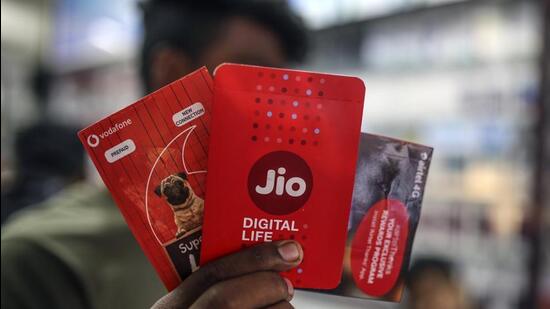The Cellular Operators Association of India (COAI), an industry body whose core members are Airtel, Jio and Vodafone Idea, has expressed its dissatisfaction with the Telecom Regulatory Authority of India’s (TRAI) new regulations for quality of service (QoS) standards, arguing that telcos do not control all the factors that affect QoS. The new regulations were released on August 2 and apply to landline, mobile and broadband services.
“The industry expresses concern over the proposed regulations, which not only tighten benchmarks but also shift from quarterly to monthly reporting and site to cell level reporting in many cases… These changes are expected to significantly increase the compliance as well as the cost burden on telecom operators, and without commensurate benefits for the customers,” COAI director general Lt Gen. Dr SP Kochhar said in a statement.
COAI said that while the QoS benchmarks have been tightened over the years, “the ground realities have remained unchanged”. In its statement, the COAI highlighted six issues that are outside the telcos control — Right of Way (RoW) issues while deploying infrastructure in public and private land; frequent takedown of overhead fiber by authorities; the need to install street furniture for 5g networks; interference from other sources (such as wireless devices and electromagnetic interference) that degrades signal quality and network performance; use of illegal boosters and repeaters; and theft of equipment.
An industry expert, on the condition of anonymity, explained that backhaul network, which connects the access network (like mobile towers) with the core network using either microwaves, or the faster and more efficient optical fiber, is the “biggest headache”.
“Fiberization of towers is very difficult. Local municipal corporations in big cities like Delhi and Mumbai charge exorbitant amounts to lay optical fibre,” this person said. “Why should telcos be penalised? Local governments should also share responsibility. It is convenient for the government to keep coming after the licensed entities,” the person added.
The expert also highlighted two other issues that affect QoS — the quality of the mobile handset, and how the spectrum available to Indian telcos is only a third of what is available to telcos globally.
TRAI had released a consultation paper on the issue in August 2023 for comments from stakeholders. Jio had opposed the regulations in their entirety and said that there was no need for a massive overhaul of QoS regulations. It also opposed inclusion of 5G related parameters for benchmarking. In the final regulations, 5G related parameters were also introduced.
Airtel, in its response, had said that the QoS experienced by a subscriber is affected by factors outside of the TSP’s control, such as home WiFi performance, quality of house wiring, and geographical constraints in rough landscapes with severe weather conditions. The company had also said that “adjacent competing forces” such as “OTT based messaging and voice platforms” might be “creating a perception about a TSP network”.
Vodafone Idea had said that the electromagnetic field (EMF) norms for base transceiver station (BTS) are ten times more stringent than many developed nations because of which power level of BTS are lowered, resulting in shrinkage of coverage, especially indoors.
